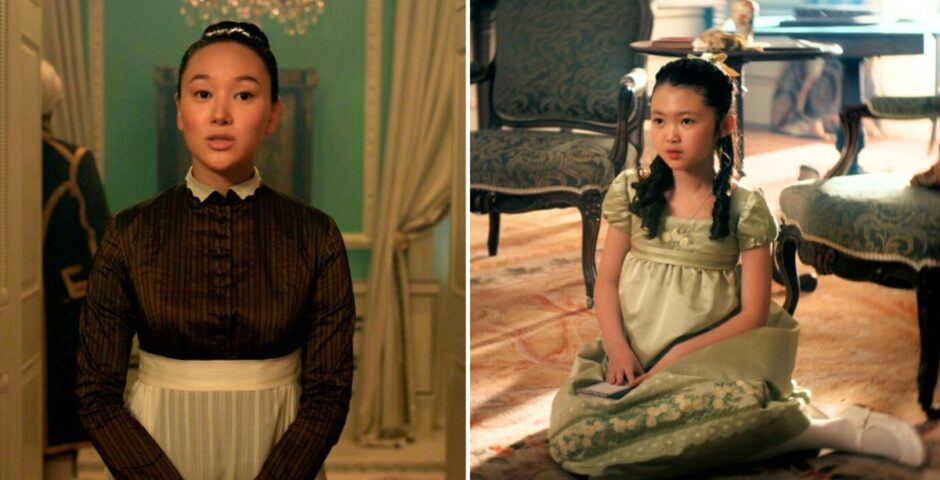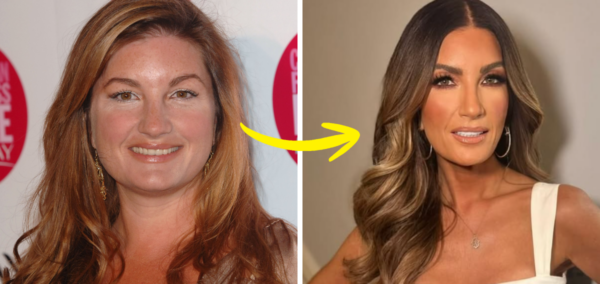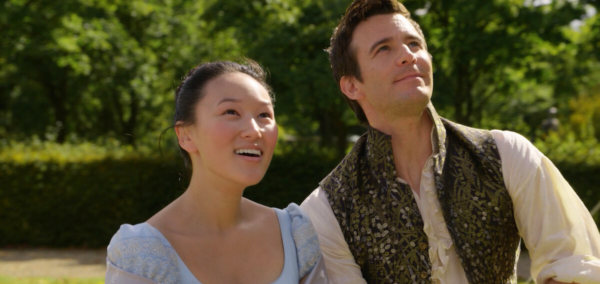
Less than 30 per cent of staff earning over £63k-a-year at Russell Group unis are women
At Imperial, just 22 per cent of the top earning bracket are women
Women continue to be denied the highest paying jobs at universities as new stats lay bare the extent of the gender pay imbalance among Russell Group universities.
For staff earning upwards of £63,668 last year, on average only 29.8 per cent were women.
This was despite the proportion of female staff among the 24 institutions being above 40 per cent.
The data, produced by HESA, looked at the salaries of all higher education staff throughout the last academic year.
It broke down the data into six different pay brackets; with those earning £63,668 or more as the highest band.
Whilst on average 30 per cent of staff whose salary are in the top bracket are women, this figure was far lower among some of the Russell Group.
At the University of Cambridge, Southampton and Durham, women made up a quarter or less of top-paid staff at the prestigious universities. At Imperial, the figure was closer to a fifth.
Dr Helen Kowalewska, an assistant professor and social policy lecturer at the University of Bath, is not surprised.
“Academic jobs are pretty ‘greedy’ jobs – those who put in the longest hours tend to be rewarded, which is of course incompatible with family responsibilities – the lion’s share of which is still performed by women,” she told The Tab.
“So, although women outnumber men at undergraduate level and there’s more gender balance at the PhD level, soon after that women often drop out of the academic labour force.
“The widespread casualisation of the sector, where people often spend years on fixed-term and insecure contracts – often at the age when they’re thinking about starting families – often forced women out of academia, partly because it’s hard to build up the entitlements to maternity leave/pay when you constantly have to switch jobs.”
Most Read
Across all of the Russell Group, the number of female staff employed is disproportionate to the number of women in the top pay bracket.
Dr Kowalewska, who has also worked as a research fellow at Oxford University and Southampton, believes part of the problem lies in women not having the same research opportunities.
“Women in academia perform a disproportionate share of admin roles and service work, which reduces the time available for research – but it’s research that ‘counts’ for promotion,” she said.
Among the most equitable universities, King’s College London employs almost an equal 50-50 split between male and female staff.
The university’s workforce is made up of 48 per cent women and almost 40 per cent of those in the top pay bracket are women.
Related stories recommended by this writer:
• ‘Don’t forget about us’: Ukrainian students on the one year anniversary of the Russian invasion
•Here’s how much you’ll earn from your grad job whether you get a first, 2:1 or 2:2
• I got ChatGPT to write my essay to see if I could get a 2:1 from a Russell Group uni


















